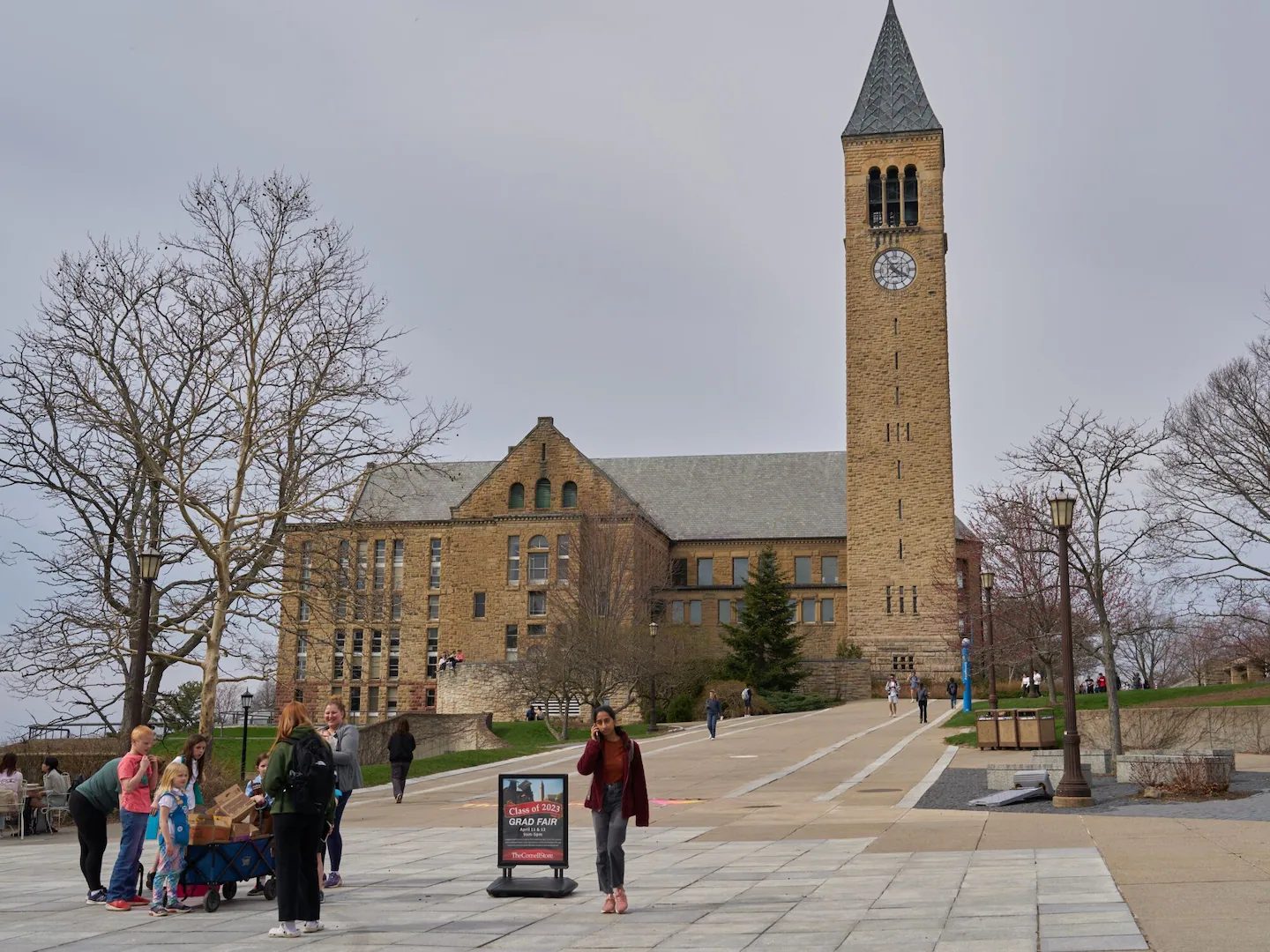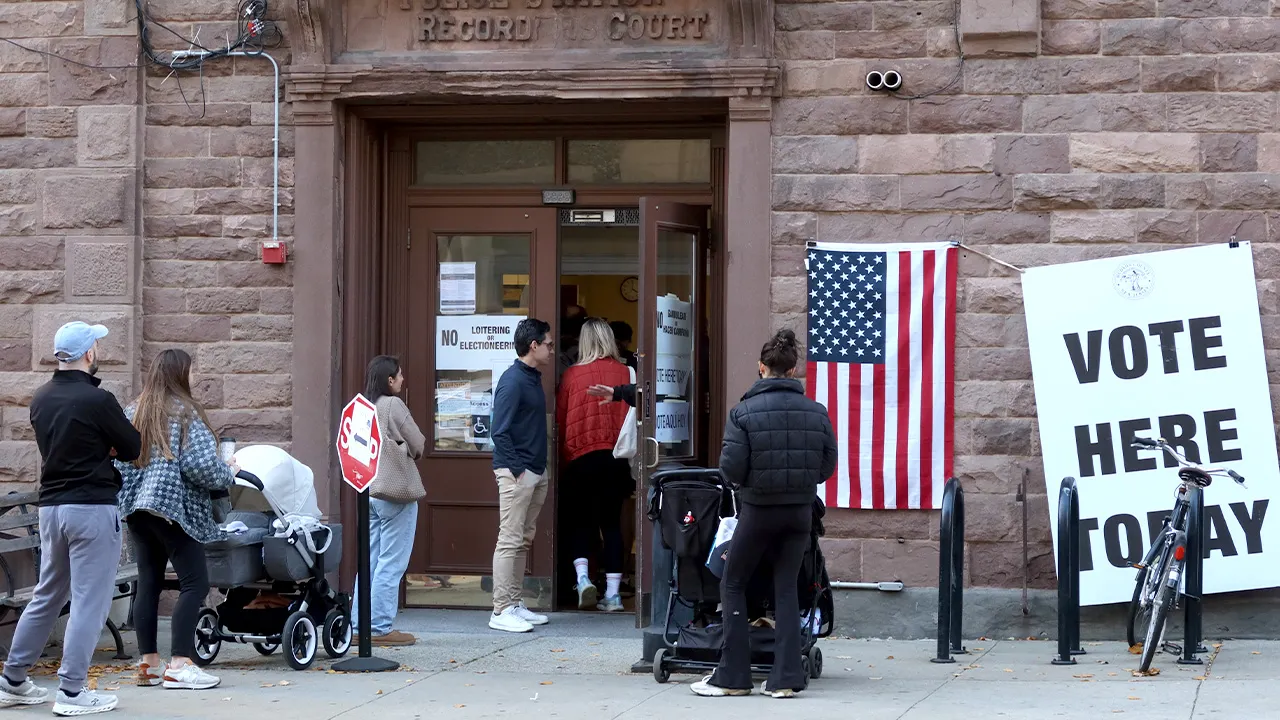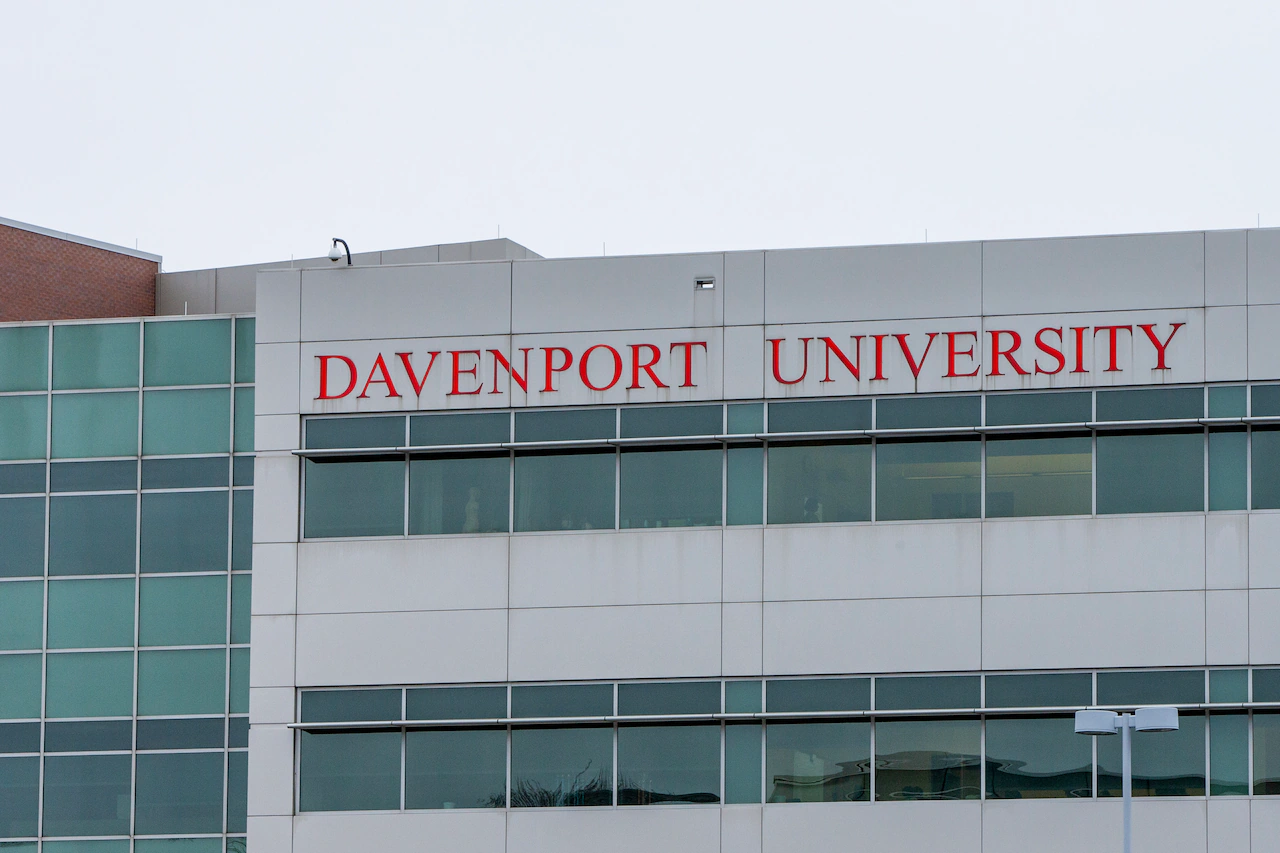Copyright The Boston Globe

The government had been scrutinizing Cornell after accusations of racial discrimination and antisemitism. In April, Trump administration officials asserted that they intended to freeze more than $1 billion in research funding for the school. University officials said at the time that stop-work orders were trickling in but that they were struggling to understand how the administration had arrived at its figure. By last month, when Cornell’s president, Michael Kotlikoff, delivered his State of the University address, officials were still puzzling over the number. At the end of September, Kotlikoff said, Cornell had accounted for “nearly $250 million in canceled or unpaid research funds.” Friday’s agreement, however, was expected to resolve the federal funding pauses, no matter the math. In a statement released to the Cornell community Friday, Kotlikoff expressed relief. “The months of stop-work orders, grant terminations and funding freezes have stalled cutting-edge research, upended lives and careers, and threatened the future of academic programs at Cornell,” he said. “With this resolution,” he added, “Cornell looks forward to resuming the long and fruitful partnership with the federal government that has yielded, for so many years, so much progress and well-being for our nation and our world.” Kotlikoff had vowed not to sign an agreement that would permit the government to “dictate our institution’s policies.” He got his wish: Cornell’s settlement included a provision declaring the university and the government both “affirm the importance of and their support for academic freedom.” It also said that no part of the settlement could be “construed as giving the United States authority to dictate the content of academic speech or curricula.” Cornell, however, did agree to provide anonymized admissions data to the federal government through 2028, details the Trump administration has also required from other schools as it scrutinizes whether race is used as a factor in selective college admissions. Justice Department officials said the school will also provide discrimination training to faculty and staff members. And Justice Department officials said the university agreed to abide by the administration’s interpretation of a 2023 Supreme Court decision that ended explicit consideration of race in admissions to higher education as long as that guidance is “consistent with relevant judicial decisions.” Attorney General Pam Bondi laid out in a memo in July how that ruling, along with federal civil rights law, should be applied to schools receiving federal funding. The agreement, dated Friday, was hashed out last week at the White House following months of talks. It settles investigations of Cornell, as well as its law school, by several federal agencies. Under the arrangement, Cornell’s payments and investments of $60 million will be spread out over three years The White House’s attack on Cornell is part of a broader crusade targeting higher education and particularly the Ivy League. Shortly after taking office, President Trump, who has characterized university leaders as “Marxist maniacs and lunatics,” cut off funding to try to force some campuses to comport with his political agenda. The investigations of Cornell stemmed largely from a series of campus demonstrations over the Israel-Hamas war and demands by students for university divestment from weapons manufacturers that supplied the Israeli military. McMahon had accused the school of not doing enough to curb protests that had “severely disrupted campus life” and made Jewish students on campus fearful. The protests included a March 2024 walkout, an encampment a month later, and a disruption at The Statler Hotel on campus where students shut down a career fair that included booths from arms manufacturers Boeing and L3Harris. Strained by the funding cuts, which struck a significant blow to university research activities, universities have felt pressure to comply with at least some demands, although they have pushed back on others. Cornell’s endowment was valued at nearly $12 billion at the end of June — a formidable sum, but one far smaller than many of the university’s Ivy League peers. And as the Trump administration pummeled the university, Cornell leaders made clear that the school was feeling extraordinary financial strain. Cornell joined broader lawsuits against funding cuts. But unlike Harvard University, it did not bring a stand-alone challenge to the government. Of the schools that have struck deals with the government, Columbia University faced the most onerous terms, including a $200 million fine. Like Cornell, it secured an explicit pledge that the government would not use the agreement to dictate academic matters. Brown University, the University of Pennsylvania, and the University of Virginia have also cut deals with the government. The Penn and Virginia settlements included no financial penalties, while Brown’s included a commitment for the university to spend $50 million on workforce development programs. The Trump administration has been in stop-and-start talks with other schools in recent months, most notably Harvard University. The University of California, from which the government has demanded more than $1 billion to settle claims of civil rights violations, has also been in negotiations with the government.



